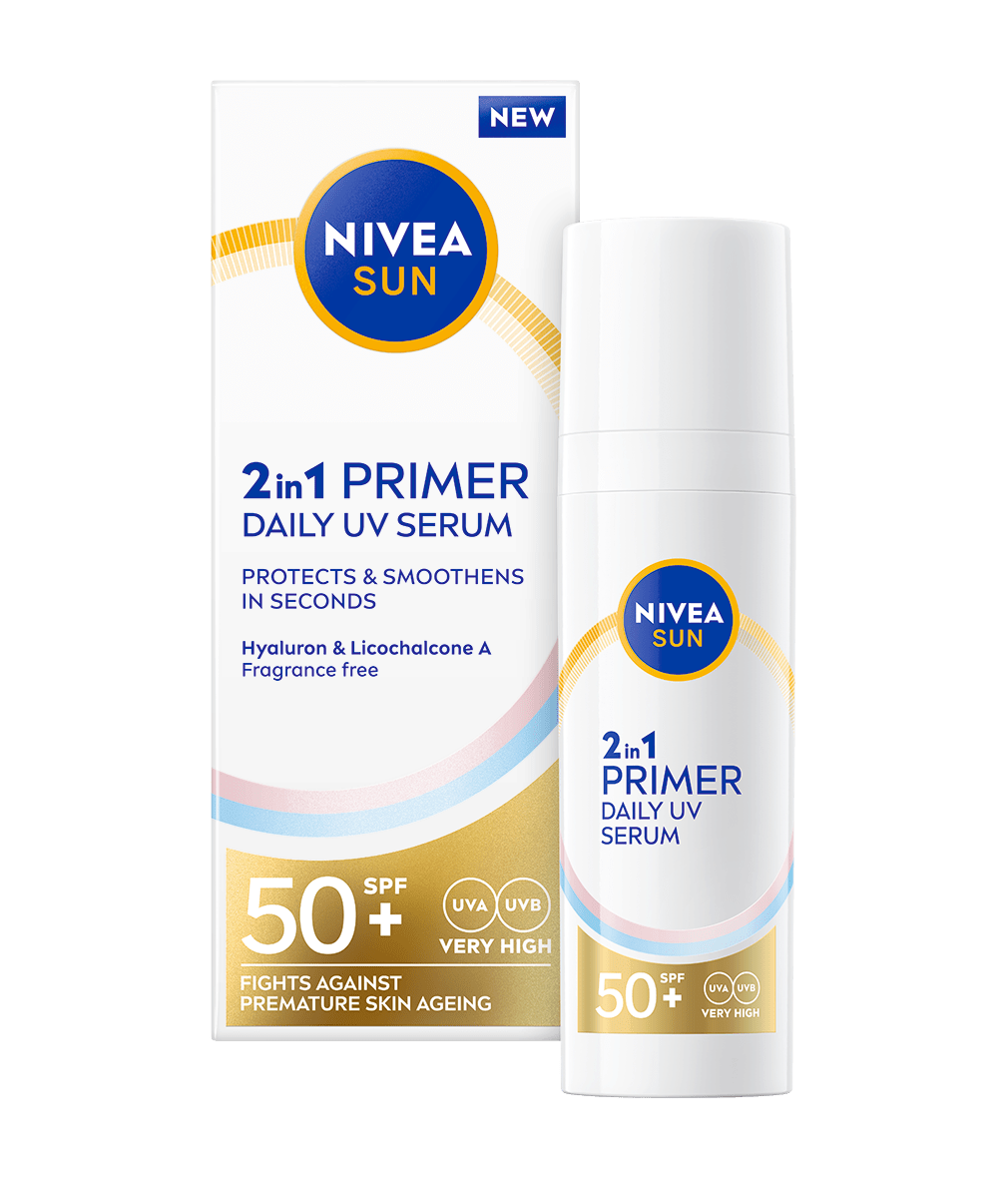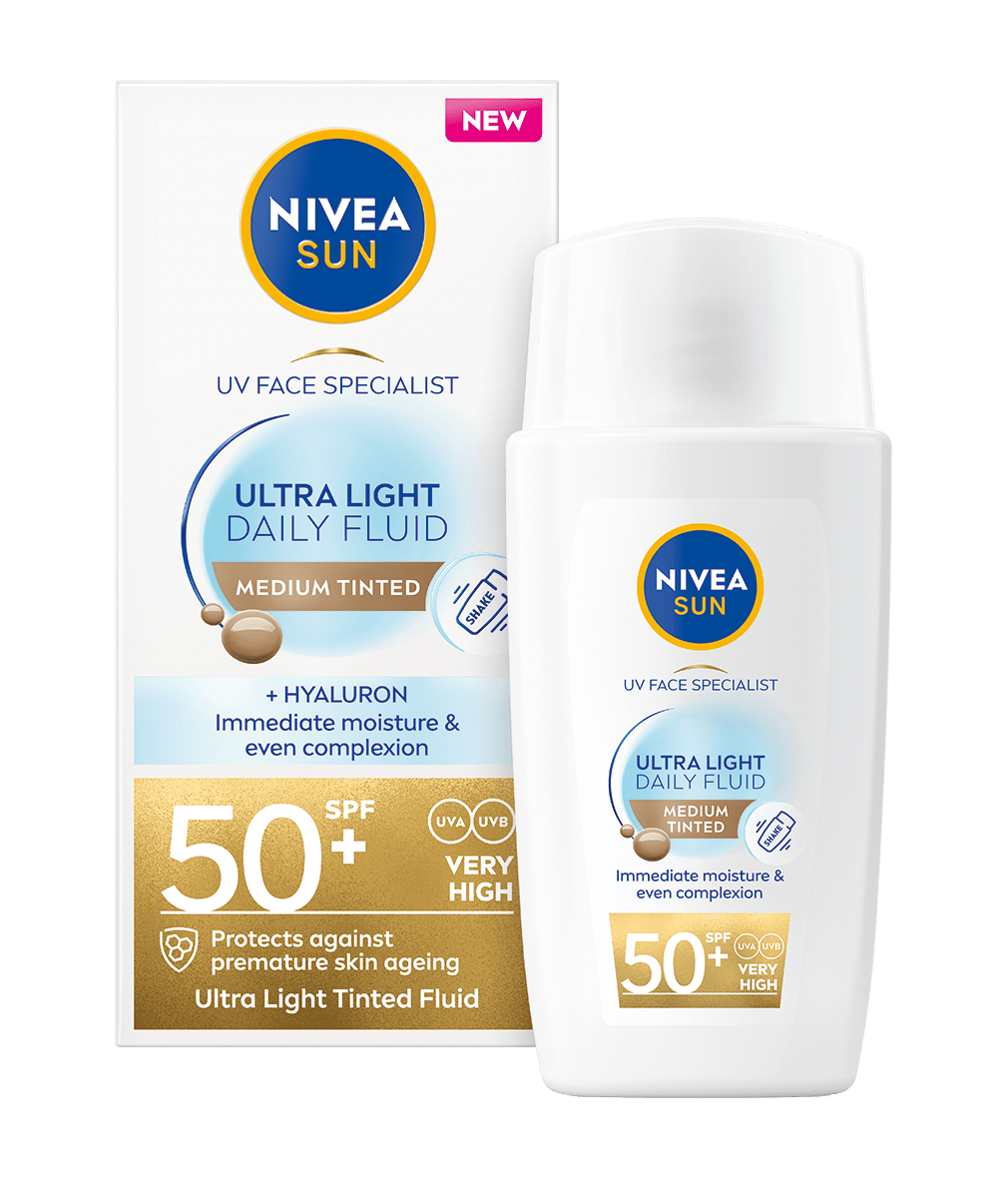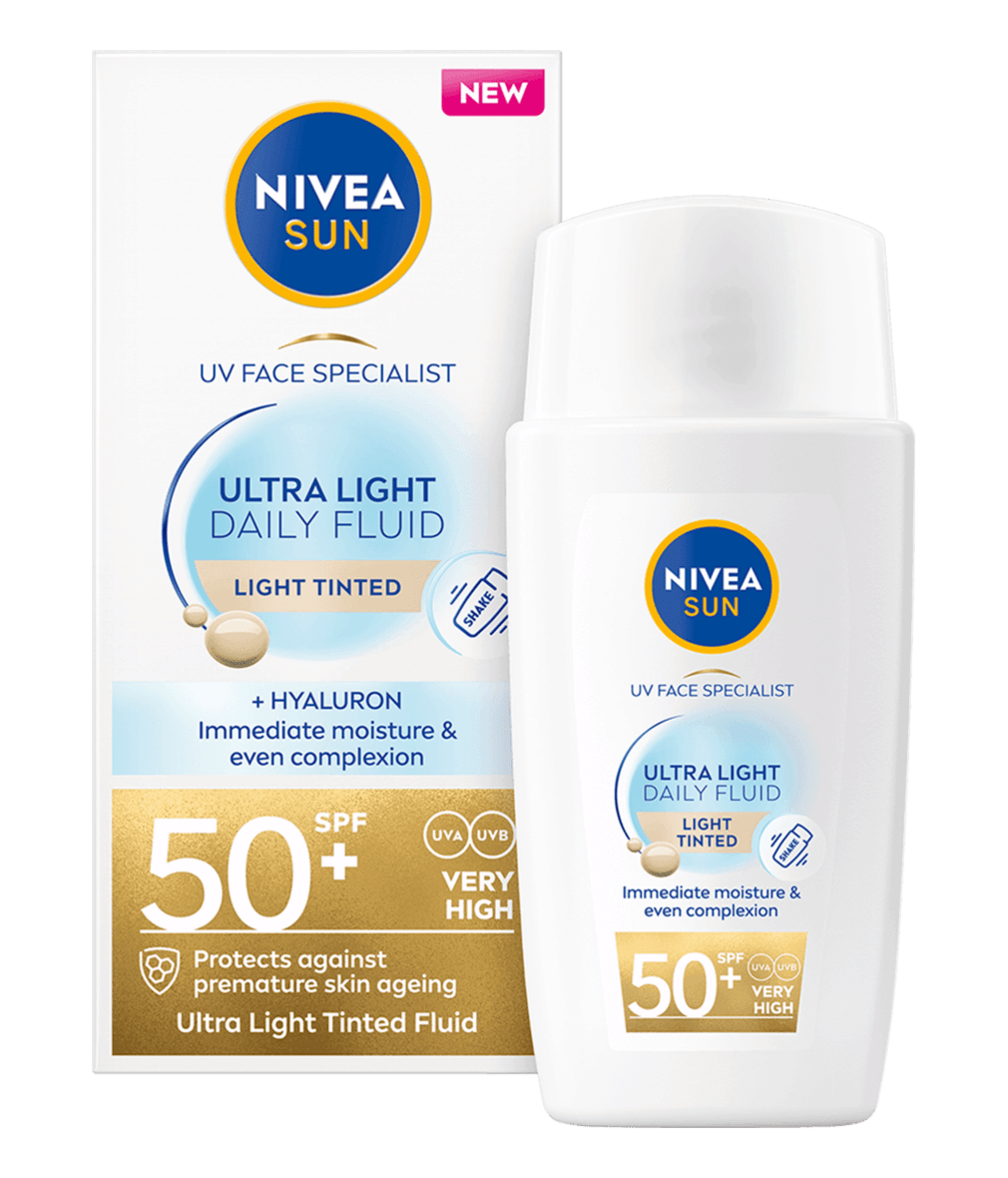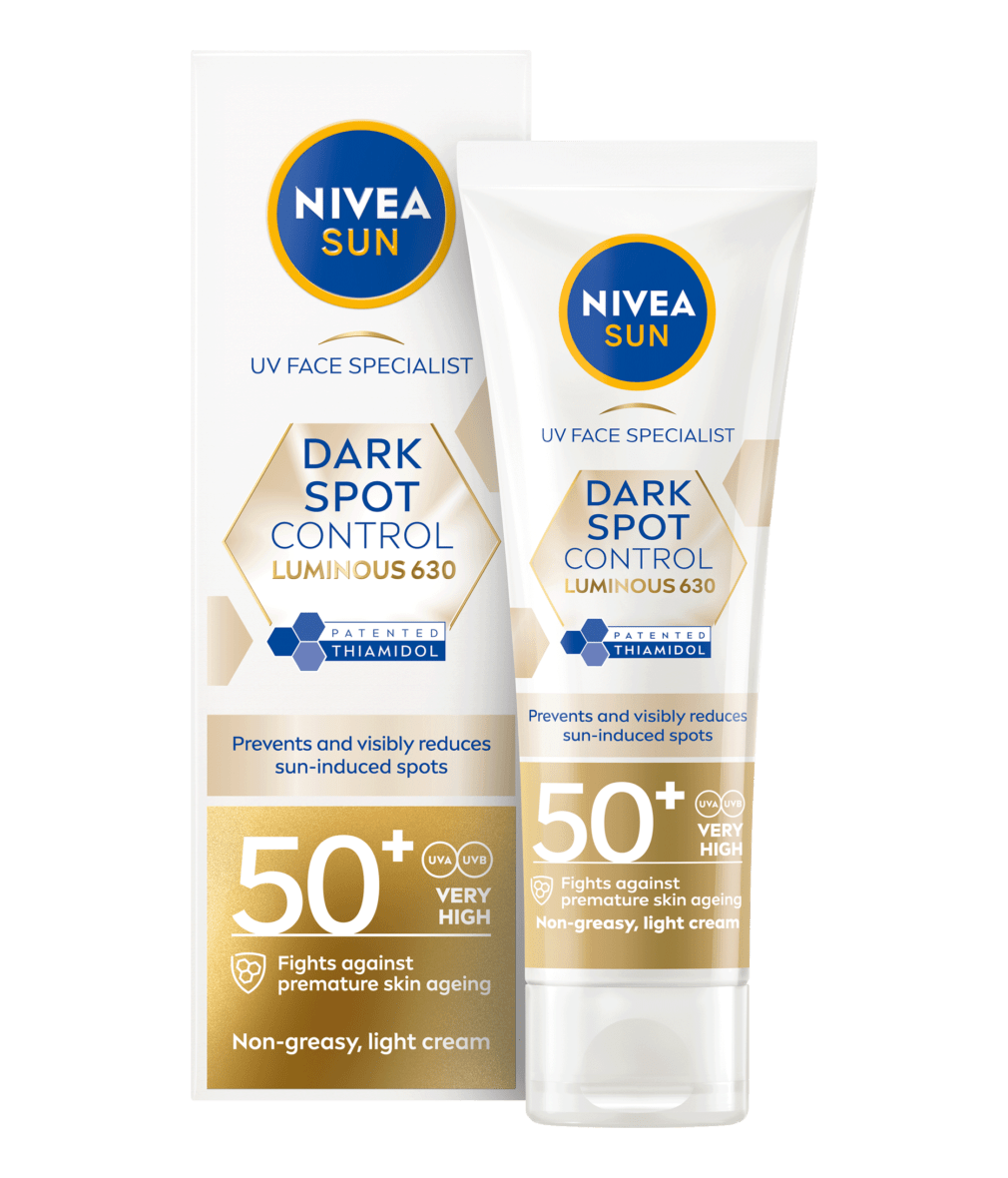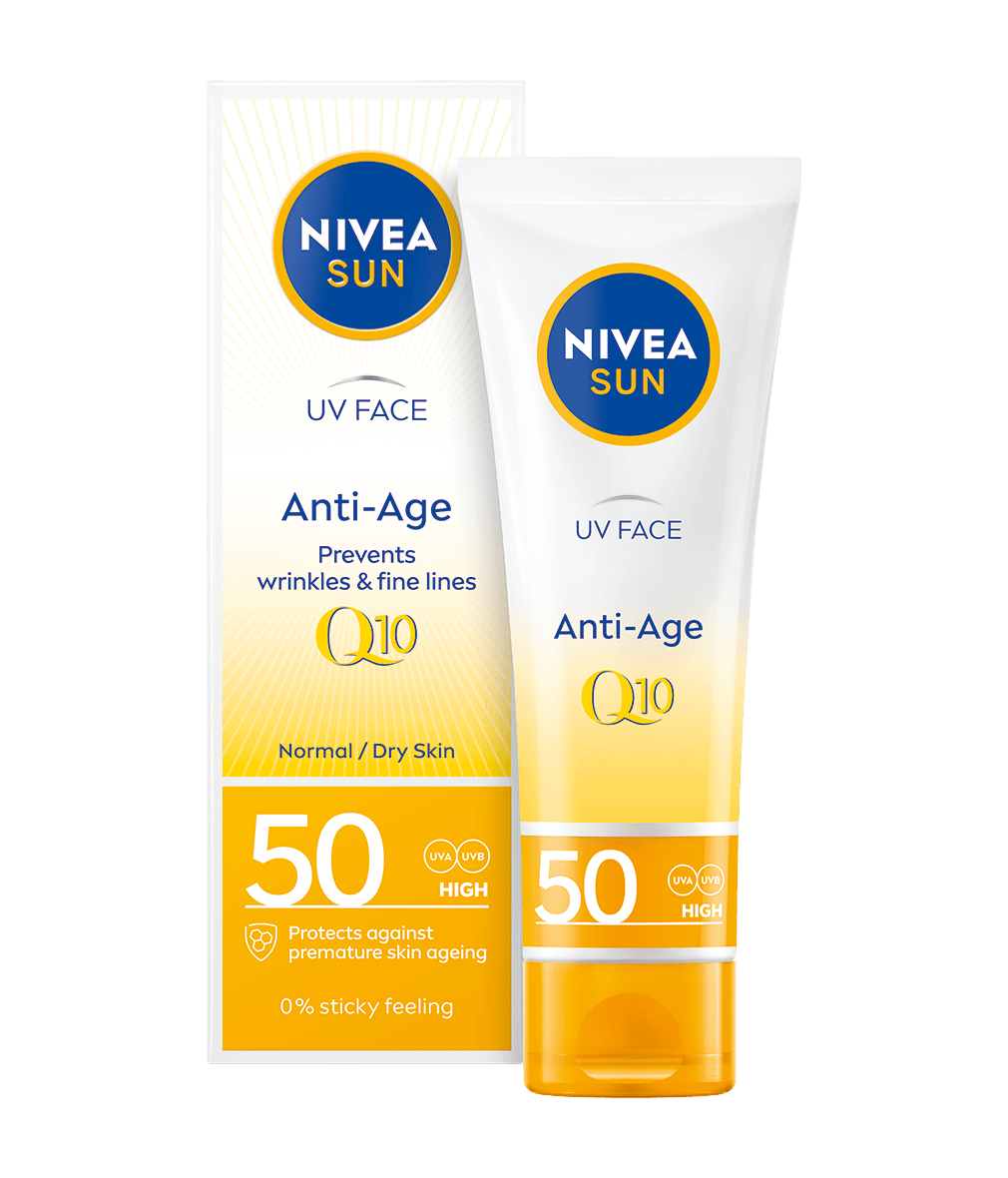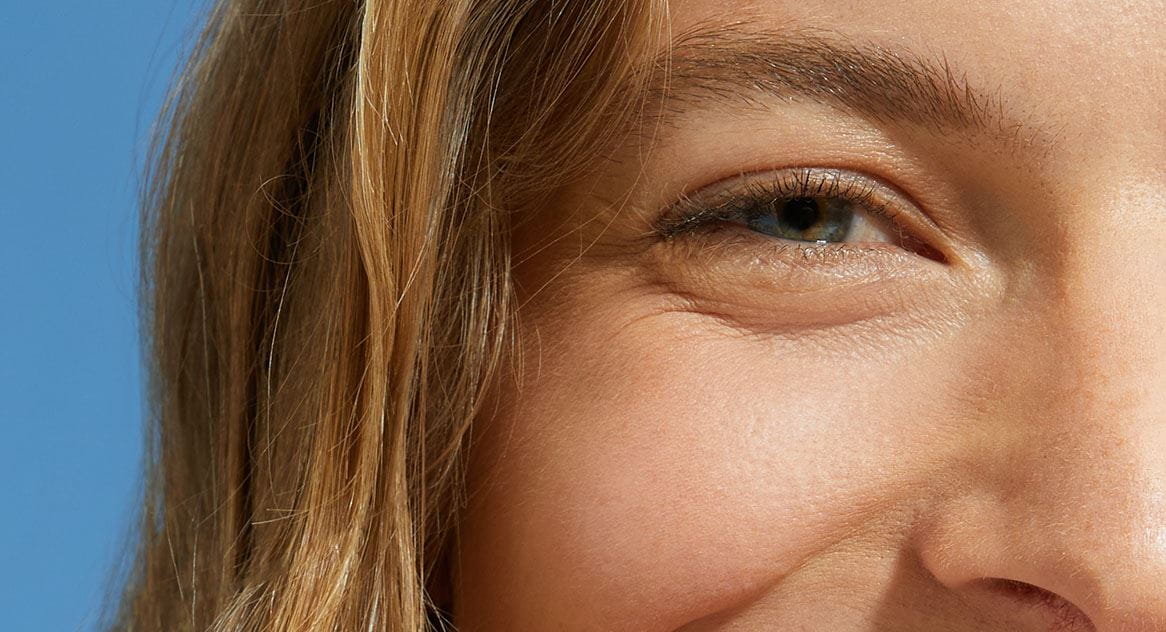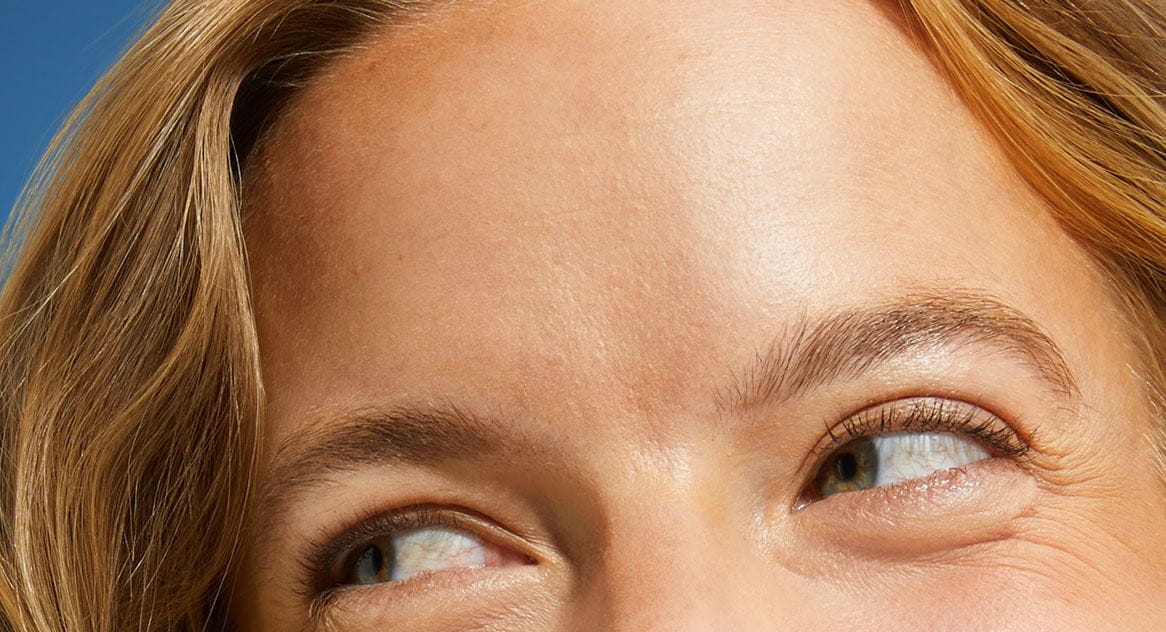
Explore NIVEA SUN UV Face
Protect and prevent your facial skin from premature ageing with our sunscreen range that provides UV protection for the face.
STAY PROTECTED
with NIVEA SUN UV Face Sunscreen
Discover our diverse product assortment that includes face sunscreen for all skin types. Whether you’re looking for a sun protection factor 50 everyday sunscreen for face or a 2in1 Daily UV Serum that delivers immediate protection and instantly smoother skin, our wide range has everything you need for daily UV protection against sun-induced premature skin ageing.
The Importance of
Using UV Face Daily
We all know to apply sufficient sunscreen all year round even if there's no direct sunlight. However, a sunscreen that works perfectly for your body may not be suitable for your face. Since your face is more frequently exposed to sunlight than any other part of the body, it’s especially important to find the best possible face sunscreen.
We understand that the large selection of NIVEA face sunscreen products may create some questions about what is the right sunscreen for your lifestyle and skin type. Don’t worry – we have you covered.
Your face is more sensitive and susceptible to dryness, premature ageing and UV damage. Applying face sunscreen will not only protect against these risks but it will also prevent against the formation of dark spots and improve the appearance of existing wrinkles and pigmentation.
As for those who apply make-up on top, all that layering can leave a greasy feeling right before application, your make-up does not seem to stay in place and there may even be pilling sometimes. Our new NIVEA SUN UV Face Specialist 2in1 PRIMER DAILY UV SERUM SPF 50+, however, offers protection and smooths skin in seconds, perfectly preparing it for make-up.
Face Sunscreen
FOR DIFFERENT SKIN TYPES
Skin tone aside, your skin type also plays a role when choosing the right face sunscreen.
Finding The Best Face Sunscreen
FOR YOURSELF
Don’t try to rely on products with SPF as an additional feature since this often won’t be enough to protect your face – especially during summer. For maximum protection, always apply sunscreen as the last step of your skincare routine.

